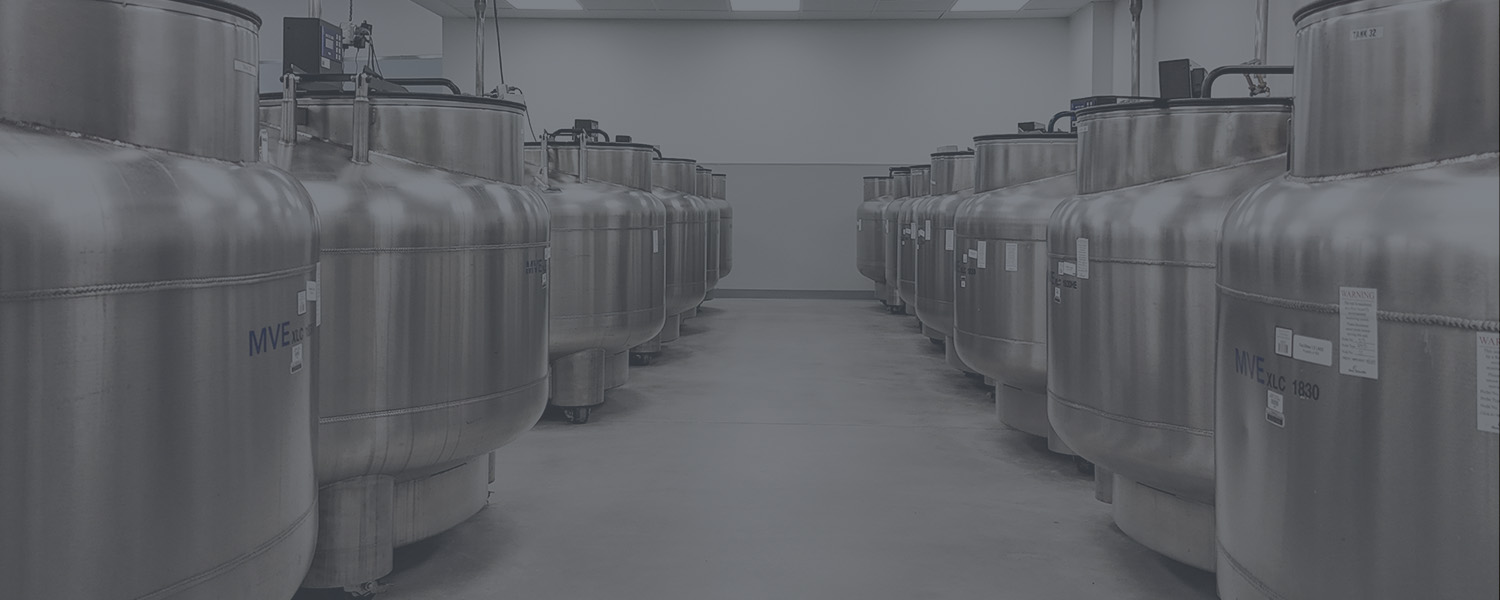
Clients and Partners
We serve as the federal biorepository for four NIH institutes and a variety of foundations
Government Grants & Contracts
For more information about our partners click their logo
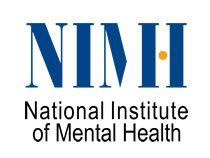
National Institute of Mental Health (NIMH)
Sampled is the National Institute of Mental Health (NIMH) Center for Collaborative Studies of Mental Disorders. We have established cell lines and DNA for this initiative since 1998. The NIMH collection now contains a vast array of samples from families with schizophrenia, bipolar disorder, Alzheimer’s disease, autism, obsessive-compulsive disorder, depression, and ADHD. Many important discoveries have been made by investigators accessing these collections.
For more information, visit our partner’s website.
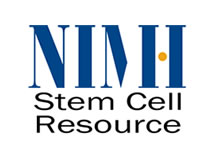
National Institute of Mental Health – Stem Cell Resource
In 2011, IBX was awarded an NIMH Cooperative Agreement to establish a Stem Cell Resource for NIMH funded investigators. Its mission is to provide a resource for human control and patient-derived somatic cells and their reprogrammed derivatives and to support stem cell research relevant to mental disorders. The capabilities of the Resource range from derivation and/or banking of primary source cells from the tissues of human subjects to more comprehensive banking and validation of iPSCs or similar reprogrammed/de-differentiated cells. IBX also offers services for reprogramming source cells to produce iPSCs.
For more information, visit our partner’s website.
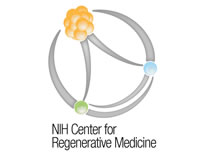
NIH Center for Regenerative Medicine
The NIH Center for Regenerative Medicine is a community resource that works to provide the infrastructure to support and accelerate the clinical translation of stem cell-based technologies, and to develop widely available resources to be used as standards in stem cell research. IBX will serve as a major processing and distribution center for iPSC lines developed by the NIH CRM (http://crm.nih.gov/researchTools/availableCells.asp). For a variety of patient populations, the Center facilitates generation of induced pluripotent stem cells (iPSCs), as well as the derivation or isolation of other types of stem cells. The Center makes available a range of adult stem and progenitor cell populations, as well as the protocols and standard operating procedures (SOPs) used for their derivation, culture, and differentiation. IBX will serve as a major processing and distribution center for iPSC lines developed by the NIH CRM.
For more information, visit our partner’s website.
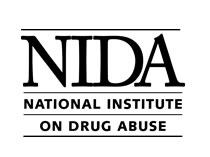
National Institute on Drug Abuse
In 2000, the National Institute on Drug Abuse (NIDA) established the NIDA Center for Genetic Studies at IBX. This collection includes cell lines and DNA from subjects enrolled in studies on addiction to opiates, cocaine, or nicotine.
For more information, visit our partner’s website.
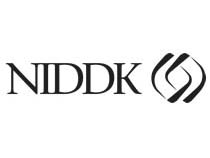
National Institute of Diabetes, Digestive and Kidney Diseases
In 2003, IBX was designated as the Genetic Repository for the National Institute of Diabetes and Digestive and Kidney Diseases (NIDDK). In addition, we maintain over 1,600 NIDDK cell lines from Southwestern Native American families affected with Type 1 Diabetes.
For more information, visit our partner’s website.
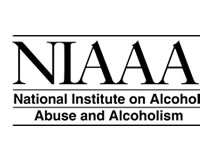
National Institute on Alcohol Abuse and Alcoholism
IBX is the National Cell Repository for the Collaborative on the Genetics of Alcoholism (COGA) project funded by the National Institute on Alcohol Abuse and Alcoholism (NIAAA). Cell lines and DNA samples have been banked since 1990 from families with a high incidence of alcoholism.
For more information, visit our partner’s website.
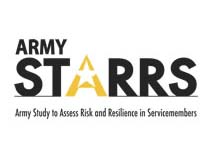
Army Starrs
For more information, visit our partner’s website.
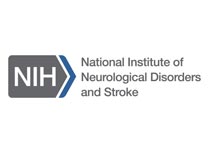
The National Institute of Neurological Disorders and Stroke
For more information, visit our partner’s website.
Foundations & Advocacy Programs
For more information about our partners click their logo
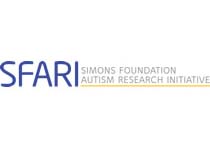
Simons Foundation Autism Research Initiative
IBX is the National Institute of Mental Health (NIMH) Center for Collaborative Studies of Mental Disorders. We have established cell lines and DNA for this initiative since 1998. The NIMH collection now contains a vast array of samples from families with schizophrenia, bipolar disorder, Alzheimer’s disease, autism, obsessive-compulsive disorder, depression, and ADHD. Many important discoveries have been made by investigators accessing these collections.
The Simons Simplex Collection
The Simons Simplex Collection is a permanent repository of genetic samples from 2,700 families, each of which has one child affected with an autism spectrum disorder, and unaffected parents and siblings. Each genetic sample has an associated collection of data that provides a precise characterization of the individual (phenotype). Rigorous phenotyping maximizes the value of the resource for a wide variety of future research projects on the causes and mechanisms of autism.
The Simons Variation in Individuals Project
The Simons Variation in Individuals Project is a research initiative that aims to identify and study a large number of individuals with a recurrent genetic variation (deletion or duplication of segment 16p11.2) that increases the risk of developing autism spectrum and other neurodevelopmental disorders. The Simons VIP will collect detailed clinical information and blood samples from more than 200 carriers and their families, with the immediate goal of identifying medical, cognitive, neural and behavioral profiles shared by this genetically identified group. Careful analysis of genetically defined autism subtypes will allow detailed phenotypic comparisons within and among these groups to clarify genotype-phenotype correlations.
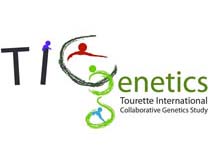
Tourette International Collaborative Genetics Study (TIC Genetics)
In 2011, IBX began accepting samples from across the United States, Europe, and South Korea from a group of highly experienced clinicians specializing in Tourette’s disorder (TD). Funding for this project resulted from the group’s success at recruiting subjects, collecting and distributing DNA samples, and publishing in high profile scientific journals while funded by the New Jersey Center for Tourette Syndrome (NJCTS) Center of Excellence. The goal of this project is to conduct a comprehensive genomics study of TD concentrating on the potential contribution of rare and structural variants. Over 1500 individuals will be ascertained over three years, focusing on the identification of TD pedigrees with 3 or more affected members and family-based association trios for pedigree-based gene discovery. The DNA and cell lines will become part of the National Institute of Mental Health (NIMH) Repository at IBX as an international resource.
For more information, visit our partner’s website.
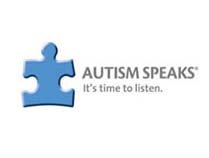
Autism Speaks
Autism Speaks was founded in 2005 and has grown into the nation’s largest autism science and advocacy organization, dedicated to funding research into the causes, prevention, treatments and a cure for autism; increasing awareness of autism spectrum disorders; and advocating for the needs of individuals with autism and their families. IBX is proud to have been chosen to process, store and distribute biospecimens for the research projects sponsored by Autism Speaks.
For more information, visit our partner’s website.
Autism Genetic Resource Exchange (AGRE)
Autism Genetic Resource Exchange (AGRE) is a non-profit DNA repository and family registry housing a database of genotypic and phenotypic information that is available to autism researchers worldwide. Founded by Cure Autism Now (CAN) in 1997, AGRE oversees one of the world’s largest shared resources for the study of autism and related disorders, housing a collection of over 1300 well-characterized multiplex and simplex families. The processing of AGRE biospecimens, including the extraction and distribution of high quality DNA, lymphoblastoid cell lines, and plasma, is done at the IBX and made available to the greater scientific community. AGRE is currently funded by the National Institute of Mental Health (NIMH) and Autism Speaks, which merged with CAN in 2006.
For more information, visit our partner’s website.
The High Risk Baby Siblings Research Consortium
The High Risk Baby Siblings Research Consortium is a partnership between Autism Speaks and the National Institutes of Health, led by the National Institute of Child Health & Human Development. As the recurrence rate of autism in families where one person is affected is possibly 10-fold higher than that seen in the general population, this group has the unique opportunity to study autism at the earliest stages of life. This makes possible the identification of the underlying neurobiological mechanisms that lead to the development of autism. In addition, these projects can have a collective impact on the research and clinical communities by developing recommendations and guidelines that inform clinical practice and policy.
For more information, visit our partner’s website.
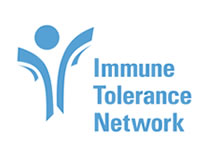
Diabetes and Immune Tolerance
Research into the etiology and potential treatments for diabetes is one of the major areas of research supported by the IBX, involving partnerships with a number of agencies. As part of this effort, we isolate peripheral blood mononuclear cells (PBMCs) for cryopreservation, storage, and distribution to the diabetes research community.
The Immune Tolerance Network
The Immune Tolerance Network is an organization born from the collective vision of the National Institutes of Health and the tolerance research community. Its mission is to advance the clinical application of immune tolerance by performing high quality clinical trials of emerging therapeutics integrated with mechanism-based research. In particular, ITN aims to establish new tolerance therapeutics, develop a better understanding of the mechanisms of immune function and disease pathogenesis, and identify new biomarkers of tolerance and disease. In partnership with ITN, IBX has initiated the biobank and will receive and process blood samples from all participating ITN collection sites.
For more information, visit our partner’s website.
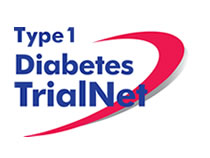
Diabetes and Immune Tolerance
Research into the etiology and potential treatments for diabetes is one of the major areas of research supported by the IBX, involving partnerships with a number of agencies. As part of this effort, we isolate peripheral blood mononuclear cells (PBMCs) for cryopreservation, storage, and distribution to the diabetes research community.
Type 1 Diabetes TrialNet
Type 1 Diabetes TrialNet is an international network of researchers who are exploring ways to prevent, delay and reverse the progression of type 1 diabetes. TrialNet was established in response to the Surgeon General’s Report Healthy People 2000. This report identified diabetes as a national health objective for the Nation. TrialNet is conducting clinical trials with researchers from 18 Clinical Centers in the United States, Canada, Finland, United Kingdom, Italy, Germany, Australia and New Zealand. In addition, more than 150 medical centers and physician offices are participating in the TrialNet network. In partnership with TrialNet, IBX has initiated the biobank and will receive and process blood samples from all participating TrialNet collection sites.
For more information, visit our partner’s website.
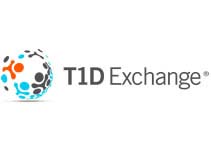
T1D Exchange
For more information, visit our partner’s website.
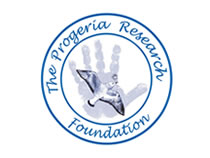
The Progeria Research Foundation (PRF)
Since 2002, The Progeria Research Foundation (PRF) runs a world-wide Cell & Tissue Bank for which IBX serves as its repository. In April 2003, using cells from this bank, it was announced that the genetic defect for Hutchinson-Gilford Progeria Syndrome had been discovered.
For more information, visit our partner’s website.

The New England Centenarian Study
The New England Centenarian Study in collaboration with Elixir Pharmaceuticals has established a collection of cell lines from families with a history of extreme longevity in an effort to study genetic factors contributing to longevity.
For more information, visit our partner’s website.
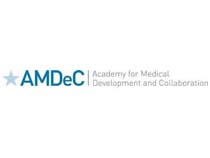
The Academy for Medical Development
AMDeC’s New York Cancer Project (NYCP) is a study of 18,000 New York City residents that allows researchers to better understand how factors such as environment, life style, diet, family health history, and genetics affect the development of cancer and an array of other life threatening diseases. The NYCP is visionary in that it was designed to address the study of cancer and other major public health diseases through one of the world’s largest non-disease related cohorts of diverse ethnic and racial populations living in a single metropolitan area.
For more information, visit our partner’s website.
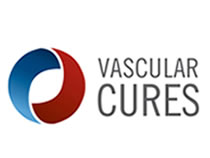
Vascular Cures
In 2012, IBX will begin receiving and processing samples as part of the Vascular Cures Research Network’s National Vascular Biobank. The Vascular Cures consortium and biobank will serve as a global resource for researchers and vascular specialists to accelerate the development of translational projects targeting common vascular diseases.
For more information, visit our partner’s website.
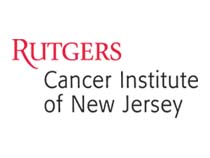
Rutgers Cancer Institute of NJ
The Rutgers Cancer Institute of New Jersey’s Functional Genomics Shared Resource is a centralized, high quality, cost-effective facility providing comprehensive genomic and transcriptomic analysis of biospecimens in collaboration with IBX.
The shared resource aims to provide investigators with:
- Integrative consultation on experimental design, bioinformatics, and data analysis prior to initiation of experiments
- High quality extraction of DNA and RNA from biological samples
- Massively parallel, high-throughput next generation sequence analysis to support research in genomic sequencing, gene expression profiling (RNA-seq), and epigenetics, including changes in DNA methylation (methyl-C(bisulphite)-Seq) and chromatin modification/remodeling (ChIP-seq)
- Custom gene expression analysis on DNA microarray-based and RT-PCR platforms
- A highly flexible range of services from single task to comprehensive, depending on the need and experience of the individual investigator
- Data analysis support through the Bioinformatics Shared Resource to ensure seamless data collection, management and analysis
- An ongoing system of quality control and validation at all steps of research projects
- Series of lectures and workshops designed to disseminate knowledge and research applications of Next Generation DNA sequencing and gene expression analysis to Cancer Institute of New Jersey investigators and collaborators.
For more information, visit our partner’s website.
More about us
Meet the team
Within our Executive Team alone we have over 180 years of cumulative experience in life sciences and healthcare, we know how to take care of your samples
Our Facilities
Our commitment to cutting edge infrastructure is designed to support biorepository sciences and immortalize samples as renewable assets
Clients & Partners
We serve as the federal biorepository for four NIH institutes and multiple foundations.

